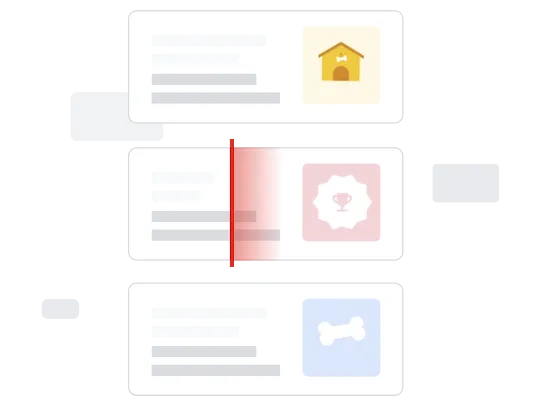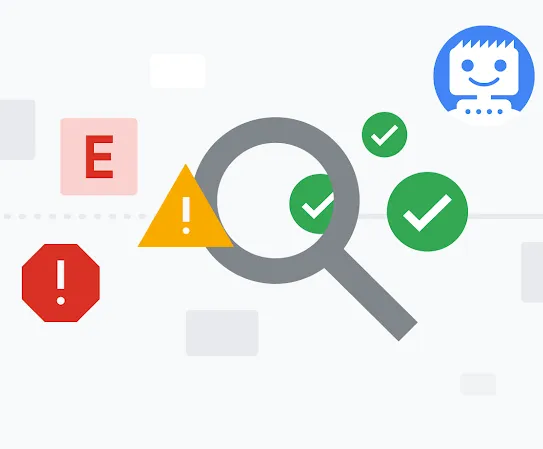Detecting spam to bring you relevant and reliable results
Google invests in systems to ensure that sites don’t rise in search results through deceptive or manipulative behaviour. This is especially important because spam sites can harm or mislead people.

How Google keeps you safe on Search
Our systems find 40 billion spammy pages every day.
Why we fight against spam
Spam sites attempt to game their way to the top of search results through a variety of techniques such as repeating keywords over and over, or showing Google content that’s different from what users see (something that’s known as 'cloaking'). Hackers sometimes even get into legitimate sites and change them into spam sites that might redirect people into scams or worse.
How we target spam
-
Automated detection
Our automated systems can detect the vast majority of spam and keep it out of your top search results, similar to how a good email system keeps spam from flooding your inbox.
-
Manual review
The rest of spam is tackled manually by our spam removal team who review pages and flag them if they violate the spam policies. When we take manual action on content, we try to alert the creator to help them address issues.
-
Reconsideration requests
Once the problem has been remedied, a creator can submit their content for reconsideration. We process all of the reconsideration requests that we receive.
-
Owner outreach
We want website owners to have the information they need to get their sites in shape. That’s why, over time, we’ve invested substantial resources in communication and outreach to creators.
Protecting search results










